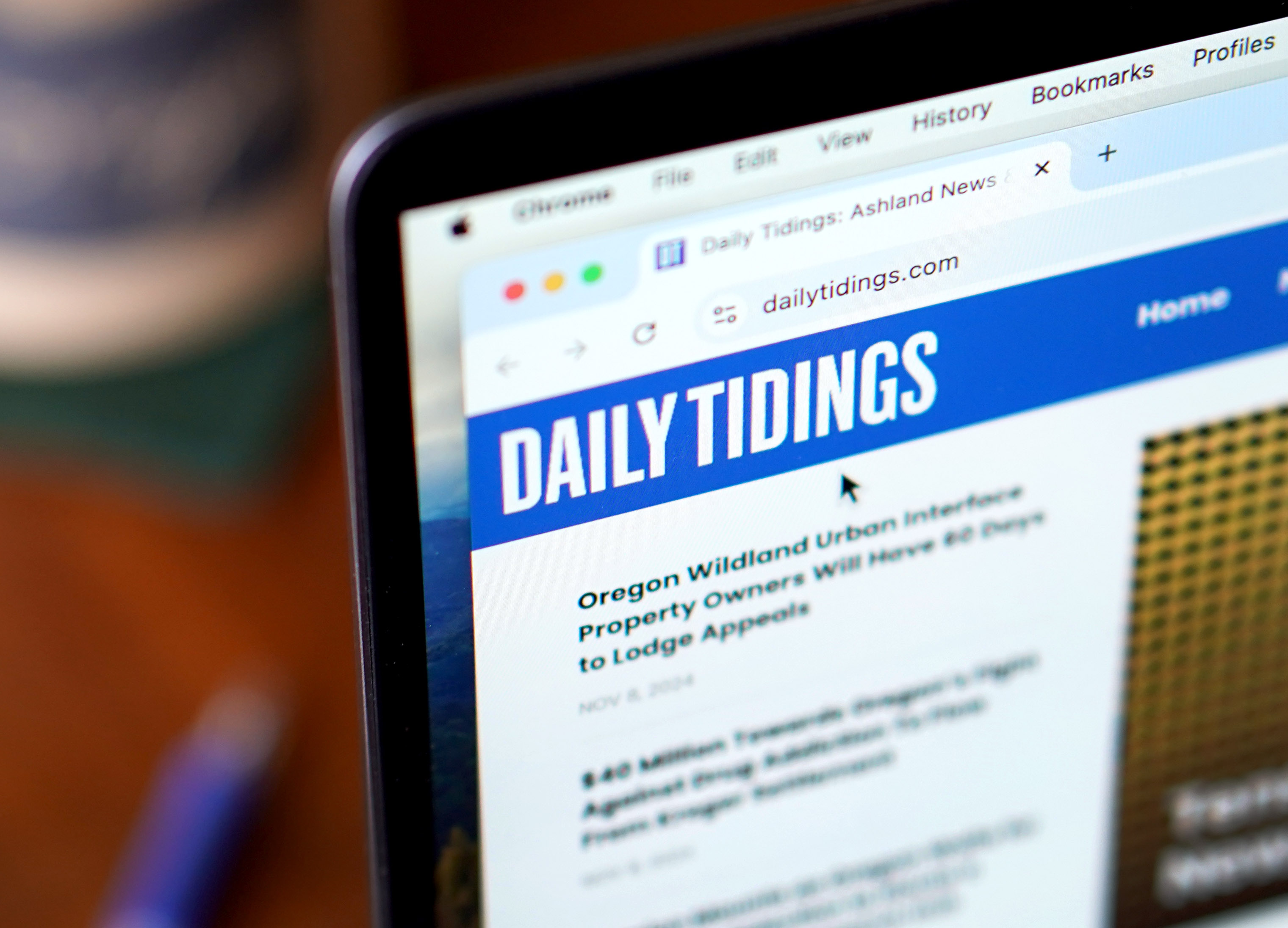How stnews.live Changes How You Read the News in Real Time
Wiki Article
The Significance of Fact-Checking on the planet of News Online
The occurrence of false information in today's online news landscape has reached disconcerting degrees. Fact-checking organizations play a crucial function in neutralizing this fad. They confirm cases and boost the integrity of journalism. Nonetheless, the performance of these companies usually pivots on their methodologies and public understanding. As target markets browse this complex setting, the implications of their searchings for might shape the future of news consumption and trust. What does this mean for the integrity of info progressing?
The Surge of False Information in the Digital Age
How has the development of electronic modern technology added to the spread of misinformation? The rapid development of the net and social networks systems has actually helped with the dissemination of details at an unmatched pace. Individuals can share short articles, videos, and point of views with a simple click, frequently without confirming the content's accuracy. Formulas focus on thrilling or mentally billed material, causing an expansion of deceptive narratives that catch focus.In addition, the anonymity managed by digital platforms enables people to spread incorrect info without accountability (stnews.live). False information thrives in echo chambers, where individuals are exposed mainly to perspectives that enhance their ideas, further lodging frauds. The saturation of details can overwhelm customers, making it challenging to recognize qualified sources from unstable ones. Subsequently, misinformation has come to be a prevalent concern in the electronic landscape, influencing popular opinion and depend on in genuine news sources
The Role of Fact-Checking Organizations
Fact-checking organizations play a crucial function in enhancing the reliability of journalism by validating claims made in report. Their initiatives are important in combating false information, guaranteeing that precise information prevails in the electronic landscape. By holding media outlets responsible, these organizations contribute considerably to notified public discourse.Enhancing Trustworthiness in Journalism
While false information multiplies in the digital age, fact-checking organizations play a necessary role in boosting the reputation of journalism. These companies thoroughly confirm claims made in newspaper article, public declarations, and social media sites articles, guaranteeing that information disseminated to the public is precise and trustworthy. By giving independent evaluations, they serve as an important resource for journalists, aiding them keep high criteria of integrity. On top of that, their efforts promote openness in media, fostering public trust fund. As target markets end up being increasingly discerning, the visibility of trustworthy fact-checking entities can identify trustworthy news sources from those that might spread out fallacies. Ultimately, the commitment of fact-checking organizations to promote truthfulness is essential for the health of autonomous discussion.Combating Misinformation Effectively
As false information remains to spread rapidly across digital platforms, the role of fact-checking organizations comes to be increasingly important in the fight for exact information. These companies function as watchdogs, scrutinizing cases made by somebodies and media outlets to ensure responsibility. By employing extensive research study methods and specialist analysis, they confirm realities and clear up deceptive stories. Their searchings for are distributed through different networks, enlightening the public and fostering important reasoning. On top of that, partnerships with social media sites systems enhance their reach, enabling for prompt flagging of false details. As electronic literacy expands, the impact of fact-checking companies is crucial in encouraging audiences to determine truth from falsehood, ultimately contributing to a more informed society.How Misinformation Affects Public Understanding
Misinformation substantially weakens trust in media, leading target markets to question the reliability of news resources. Therefore, individuals often move in the direction of electrical outlets that enhance their current ideas, adding to the polarization of viewpoints. This dynamic produces a fragmented info landscape, where shared understanding comes to be significantly tough to achieve.Count on Media

Count on media has actually come to be progressively delicate in the digital age, where the quick spread of false information can alter public understanding. As misinformation multiplies across social media and online systems, target markets commonly locate it testing to recognize reputable sources from unreliable ones. This unpredictability cultivates uncertainty, leading numerous people to question the objectives behind news coverage. Subsequently, count on developed media outlets has decreased, as consumers increasingly turn to different resources that may lack rigorous editorial criteria. This disintegration of depend on not only influences private ideas yet additionally weakens the cumulative capability to take part in informed discussions. Inevitably, the honesty of journalism goes to stake, highlighting go to these guys the essential requirement for effective fact-checking to bring back self-confidence in the media landscape.

Polarization of Viewpoints
The boosting apprehension toward traditional media has added to an expanding polarization of opinions amongst the general public. False information, usually shared via social networks and on-line platforms, plays a significant role fit unique ideological splits. Individuals frequently seek info that aligns with their pre-existing ideas, strengthening their perspectives while dismissing opposing perspectives. This echo chamber impact intensifies divisions, causing a fragmented public discussion where agreement becomes progressively evasive. In addition, sensationalized narratives thrive in this atmosphere, further skewing public assumption and promoting suspect in trustworthy sources. As polarization rises, the requirement for efficient fact-checking becomes critical to link spaces and advertise notified discussions, ultimately making sure a much more natural society qualified of steering complicated concerns.Techniques for Efficient Fact-Checking
Effective fact-checking counts on a systematic approach that consists of complete study, verification of sources, and vital evaluation of insurance claims. A fundamental method is cross-referencing information from several legitimate sources to confirm its precision. Fact-checkers typically use specialized data sources and archives to map the origin of certain statements, guaranteeing that the reported info lines up with recorded proof.An additional vital method involves inspecting the context in which cases are presented. Deceptive info can emerge from out-of-context quotations or selective data use. By analyzing the broader story, fact-checkers can determine possible predispositions or misinterpretations.
Engaging with professionals in pertinent areas can offer quality and understanding that enhances the fact-checking procedure. This cooperation can discover nuances that laypeople may ignore - stnews.live. Ultimately, a disciplined method integrating these methods promotes a much more educated public, improving the dependability of info distributed in the digital age
The Effect of Social Network on News Consumption
How has social media sites transformed the method people take in news? The introduction of platforms like Facebook, Twitter, and Instagram has especially altered news consumption patterns. News is currently shared rapidly, enabling individuals to gain access to real-time updates and engage with web content through sort, shares, and comments. This his comment is here immediacy has actually cultivated a choice for bite-sized details, frequently at the expenditure of comprehensive analysis.In addition, social media allows customized news feeds, where formulas curate web content based upon customer choices, creating echo chambers that may limit exposure to diverse viewpoints. The function of traditional news electrical outlets has reduced as people progressively rely upon peer suggestions and trending topics. The credibility of details is usually compromised, as sensationalism can outweigh valid reporting. Overall, social media sites has improved news usage, emphasizing rate and customization while challenging the requirements of journalistic integrity.
Empowering Audiences to Identify Trustworthy Resources

Furthermore, analyzing the authorship and organizational background of newspaper article can expose potential prejudices. Cross-referencing details across multiple credible outlets even more boosts the confirmation procedure. Using digital tools, such as internet browser extensions that rate the reliability of internet sites, can additionally aid in determining credible info. By actively engaging with these resources and cultivating an essential state of mind, target markets can better equip themselves to determine reputable news sources, ultimately cultivating a much more informed culture in the middle of the intricacies these days's media setting.
The Future of Journalism and Fact-Checking
As the media landscape advances, the future of journalism and fact-checking deals with both challenges and opportunities. The increase of digital platforms has actually democratized information dissemination, permitting diverse voices to arise. This has actually also led to the expansion of false information, demanding robust fact-checking systems. Journalists will progressively rely upon technology, consisting of AI devices, to verify truths quickly and efficiently.Collaboration in between wire service and fact-checking entities is expected to strengthen integrity and openness. Audience interaction will play a crucial role, as informed readers become significant partners in recognizing trustworthy content.
The demand for responsibility and precision is likely to grow, pushing reporters to support high standards in their reporting. Ultimately, the future of journalism might rest on its capacity to adjust to technological improvements while keeping journalistic stability, making sure that fact-checking stays a foundation of qualified news.
Regularly Asked Concerns
How Can I Report False Information I Experience Online?
To report false information run into online, people can use platform-specific coverage devices, supply clear proof, and share the information with fact-checking companies. Involving with neighborhood conversations can also help elevate understanding about the misinformation.What Are Typical Indicators of False Information in News Articles?
Common indicators of false information in news posts include mind-blowing headings, absence of qualified sources, emotional language, inconsistent truths, and lack of author qualifications. Viewers ought to seriously assess web content for these indicators to determine accuracy.How Do Fact-Checkers Confirm Sources?
Fact-checkers verify resources by cross-referencing information with reliable databases, speaking with experts, and examining the original context of cases. They also analyze the dependability of the resources, guaranteeing exact and trustworthy info for click reference public consumption.What Lawful Actions Can Be Taken Against False information?
Legal activities versus misinformation may consist of disparagement suits, cease-and-desist orders, and governing penalties. Victims can prosecute through civil courts, while some jurisdictions impose penalties or sanctions on systems disseminating false information.Are There Apps for Fact-Checking News On-The-Go?
Countless applications exist for fact-checking news on-the-go, including Snopes, FactCheck.org, and PolitiFact. These applications aid individuals verify cases promptly, promoting educated decision-making and promoting an extra discerning method to consuming news in real-time.Report this wiki page